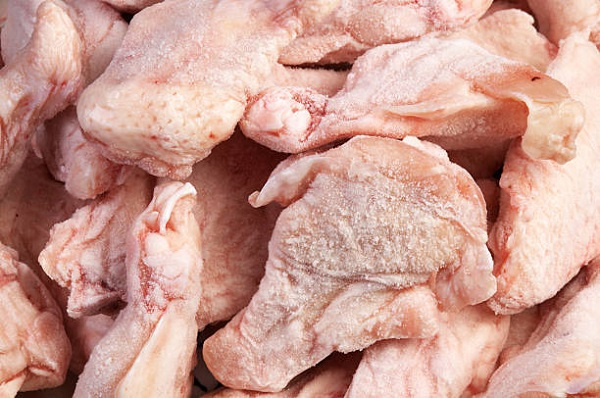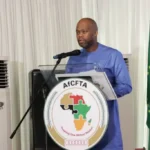President John Dramani Mahama has unveiled a bold initiative aimed at significantly cutting Ghana’s dependence on imported chicken, which currently costs the country nearly $400 million annually.
Speaking during the official launch of the Feed Ghana Programme held in the Bono East Regional capital, Techiman, on April 12, the president expressed concern over the high volume of poultry imports and emphasized the need for urgent action to boost local production.
As part of the government’s strategy, 50 anchor farmers will be registered and supported this year to rear a combined total of four million birds. This is expected to yield approximately 10,000 metric tonnes of chicken, drastically reducing the country’s poultry import bill.
“Ghana imports almost $400 million worth of chicken every year — this we all must be ashamed of,” President Mahama said, calling on stakeholders to support efforts toward poultry self-sufficiency.
The initiative will be implemented in partnership with the Poultry Farmers Association and will involve the establishment and support of hatcheries, feed mills, veterinary services, and poultry processing centers. These structures are intended to create a robust value chain and ensure sustainable production levels across the country.
In addition to the anchor farmer project, a supplementary program will see 55,000 households across Ghana being registered and supported to rear 500 birds each year.
“We believe that this will rear over 1 million birds and improve the income of women and their nutrition of their children” President Mahama added.
President Mahama highlighted the potential of this initiative not only to boost food security but also to empower women and enhance child nutrition.
“We believe that this will rear over 1 million birds and improve the income of women and the nutrition of their children,” he stated.
The Feed Ghana Programme, a flagship agricultural initiative launched by President John Dramani Mahama aims to modernize Ghana’s agriculture, boost food production, create jobs, and reduce the country’s reliance on food imports, which currently cost over $2 billion annually.
In 2024 alone, Ghana spent a staggering GHc38.95 billion on imported food. The Ghana Statistical Service (GSS) noted that “grains, animals or vegetables, fats and oils, cereals, meat, sugar products, and fish collectively constitute over half (53.6%) of all food product imports into Ghana, reflecting a significant portion of the country’s food imports.”
The incumbent government is, however, resolved to reduce the value of the country’s imports and increase its exports to address the trade deficit.








